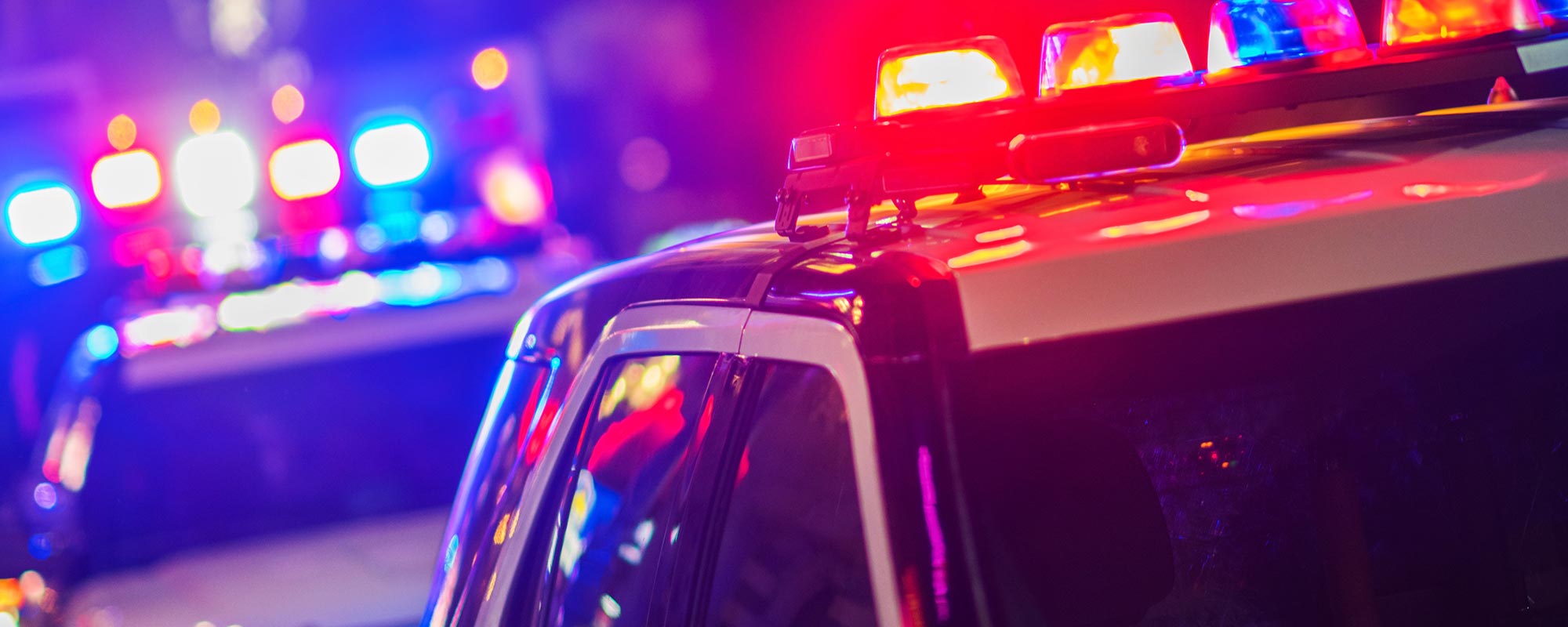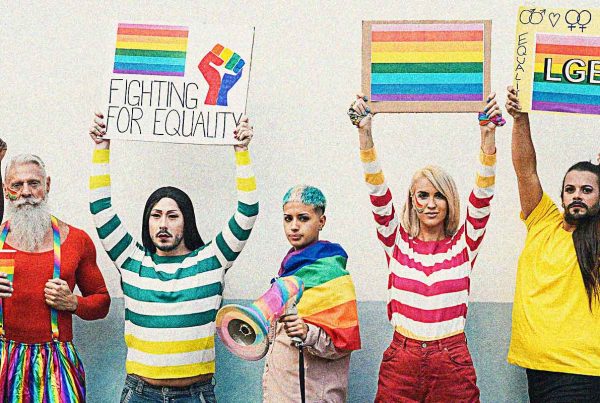The Canadian Civil Liberties Association (CCLA) today released their next salvo in the fight against carding and racial profiling. A new ‘Know Your Rights Guide on Racial Profiling and Police Stops’ is being rolled out as a resource to empower young people and adults from Black, Indigenous and other racialized groups across Canada. The Guide provides the information needed to walk away if possible, accessible information for many of the questions asked by young people, and resources for addressing a possible rights violation.
“Too many Black, Indigenous and other marginalized people are stopped for no good reason by police officers,” said Noa Mendelsohn Aviv, the Equality Director for the CCLA. “These stops are discriminatory and violate individuals’ freedom, dignity, privacy, and worse. Young people want to stand up for their rights. They have asked us what their rights are and what they can do. This Guide provides answers.”
The guide is accessible here.
“Racial profiling has a devastating impact on the lives of too many Black and Indigenous people in Canada, and harms our society as a whole in the process,” said Akwasi Owusu-Bempah, the CCLA’s Special Advisor on anti-Black racism.
“While responsibility for eliminating racial profiling ultimately rests on the shoulders of the police, members of the public should have good knowledge of their rights and an understanding of how to exercise them. CCLA’s Know Your Rights guide is a comprehensive resource intended to educate and empower the public.”
The guide contains information on walking away from police when possible, and how to respond, to break the cycle of carding, over-policing, and the criminalization of Black, Indigenous and other marginalized groups that persists in law enforcement.
“Miigwetch to the CCLA for creating a resource that will support some of our community’s most vulnerable people,” said Tesa Fiddler, and Indigenous Education Coordinator from Thunder Bay.
“Public systems and processes can be challenging, discriminatory and threatening especially if you are Indigenous or a member of an equity seeking group. As an Anishinaabe mother and educator, I see this resource as a tool that will educate and ultimately protect the rights of my own children and the children I work with.“
The CCLA will be promoting the Guide across Canada to support youth, community organizers, educators, and activists in their pursuit of Charter rights.
About the Canadian Civil Liberties Association
The CCLA is an independent, non-profit organization with supporters from across the country. Founded in 1964, the CCLA is a national human rights organization committed to defending the rights, dignity, safety, and freedoms of all people in Canada.
For the Media
For further comments, please contact us at media@ccla.org.





